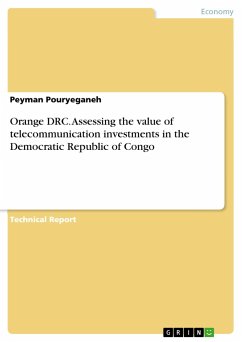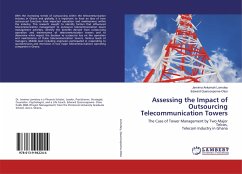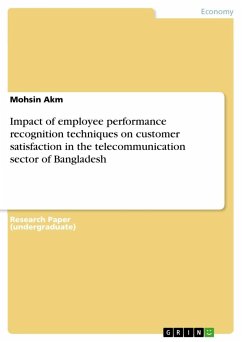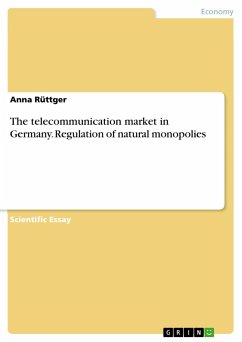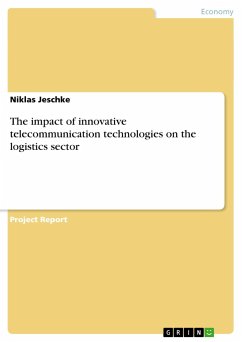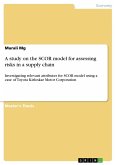Technical Report from the year 2014 in the subject Business economics - Investment and Finance, , language: English, abstract: In this paper, we analyze Orange's decision of acquiring CCT by estimating the investment's Net Present Value (NPV) taking into account only the anticipated free cash flows from the voice services in the ten-year period following the acquisition. Despite CCT's higher systematic risk and expected cost of capital, the present value of the future cash flows as of October 2011 was estimated as $351 million which alone was sufficient to make the investment a profitable one. Taking into account the investment's horizon value, we estimate the NPV at $2.06 billion and therefore conclude that the acquisition of CCT was a sound financial decision, one that could substantially increase Orange's shareholder value in the long run. Due to the cost structure of their services, brick-and-mortar branches of traditional financial institutions have been unable to provide financial services to low-income customers, especially those living in remote areas. In the Democratic Republic of Congo (DRC), only 4% of the population has an account at a formal financial institution while mobile penetration in the country is estimated at 17.5% and growing at an average rate of 18% per year (GSMA, 2013). Therefore, making financial services accessible to the general population through mobile networks in DRC provides enormous financial opportunities for many firms including mobile operators. In fact, revenues from mobile money transactions in the world are estimated to reach $265 billion by 2015, and DRC is one of the most promising mobile money markets in Sub-Saharan Africa (Osikena, 2012, and GSMA, 2013). In October 2011, France Telecom-Orange (Orange) announced the acquisition of 100 percent of the privately owned DRC mobile operator, Congo-China Telecom (CCT). By investing $273 million, Orange established "Orange DRC", the fourth major mobile operator in the country with 8.7% of the market share. Although Orange's decision to enter the Congolese mobile market was most likely based on massive potential opportunities in the country's mobile money market, due to an uncertain legal framework, corruption, and lack of transparency in government policies, Orange still needed to ascertain that its investment would be profitable, even if revenues were limited to those generated from standard voice services (Business Wire, 2011).
Hinweis: Dieser Artikel kann nur an eine deutsche Lieferadresse ausgeliefert werden.
Hinweis: Dieser Artikel kann nur an eine deutsche Lieferadresse ausgeliefert werden.

